The South Australian parents of children who suddenly die in their sleep want answers, but the mysteries remain
It’s every parent’s worst nightmare – the heartbreak and grief that comes from kissing your child goodnight not knowing it’s the last time you’ll see them alive.
SA News
Don't miss out on the headlines from SA News. Followed categories will be added to My News.
Tyler James Osmond finished off his day excitedly announcing that he’d had the best meal of his life – a Whopper Junior from Hungry Jacks.
The nine-year-old boy was all smiles as he brushed his teeth, said goodnight to his mother, Jena Johnstone, and went to sleep.
A sleep he would never wake from.
“That was the worst feeling of my life. I can’t explain the trauma,” said Ms Johnstone after finding her son just “laying there” lifeless.
“He was so happy, so healthy, no previous history of any kind of medical conditions,” she added. “How does a child just die in their sleep?”
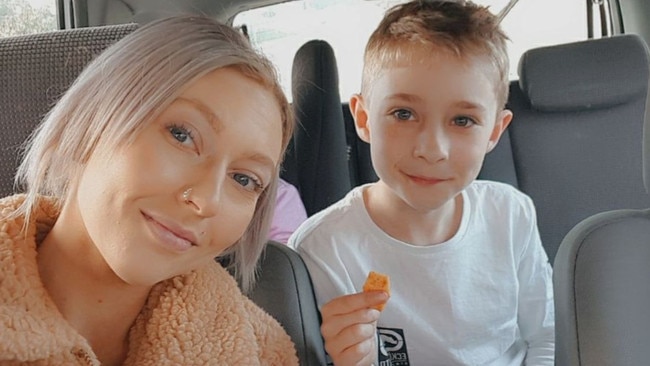
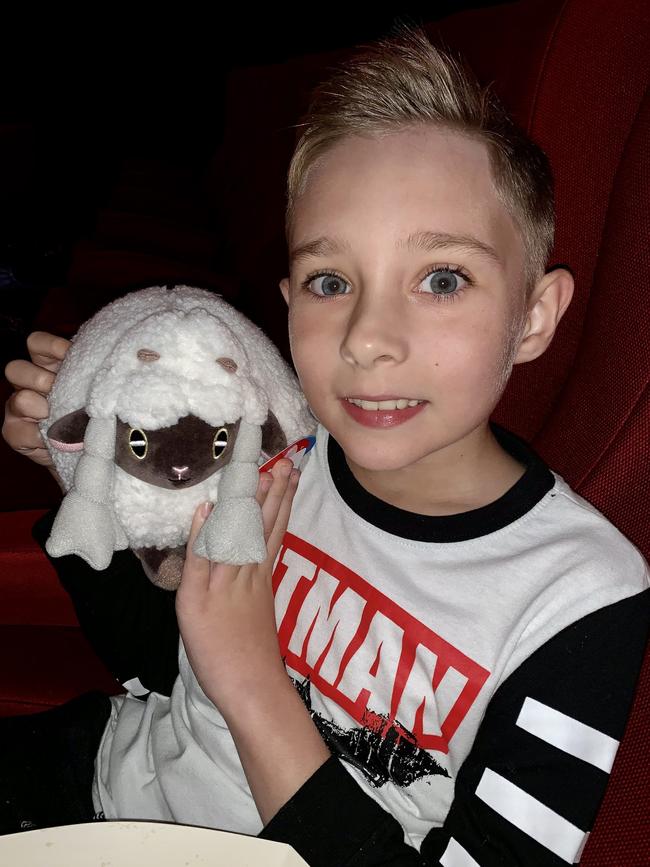
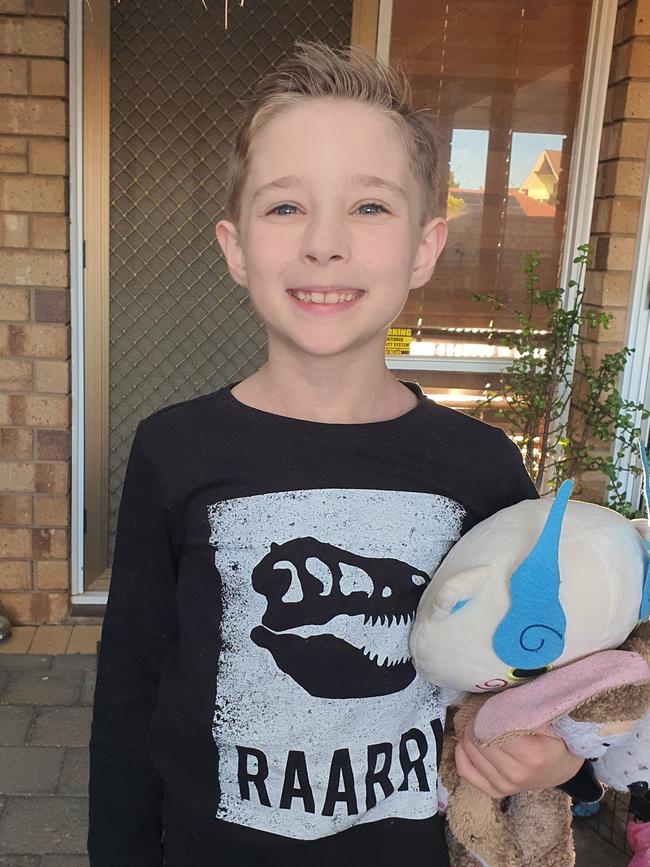
Ms Johnstone is hardly alone in the navigating the grief and many questions that arise when a seemingly healthy child or young adult dies suddenly.
“It is with unimaginable grief that I share the news that our funny, happy, sweet baby boy, William, never woke up,” Ms Lynch wrote in a tribute to her son.
“Our beautiful son, brother, grandson, nephew, cousin and friend died in his sleep. At this time we have no answers, only insurmountable grief.”
An otherwise healthy teenager, his family are now left searching for answers, just like Ms Johnston experienced when her son died two years ago.
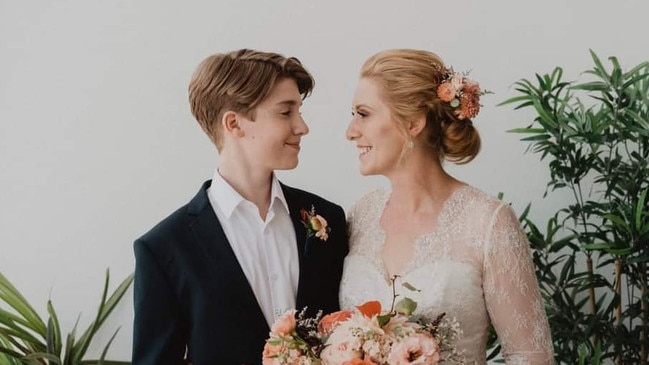
Sudden Adult Death Syndrome, or Sudden Arrhythmic Death Syndrome (SADS), is an “umbrella term to describe unexpected deaths in young people”, according to the Royal Australian College of General Practitioners (RACGP).
Unlike the US, where 210,000 people die suddenly each year, Australia currently has no national statistics.
The Baker Heart and Diabetes Institute in Melbourne can offer the closest snapshot, combining ambulance, hospital and forensics information.
Last year, it was estimated that 750 children and young adults suddenly passed away. Many are simply unaware of a heart condition or medical issues, which come to light in the post-mortem.
For Ms Johnstone, from Moana, it took seven months to discover her son Tyler had died from a brain arteriovenous malformation, a condition he was born with but was unknown to the family.
But there are many parents who are left with more questions than answers after the post-mortem.
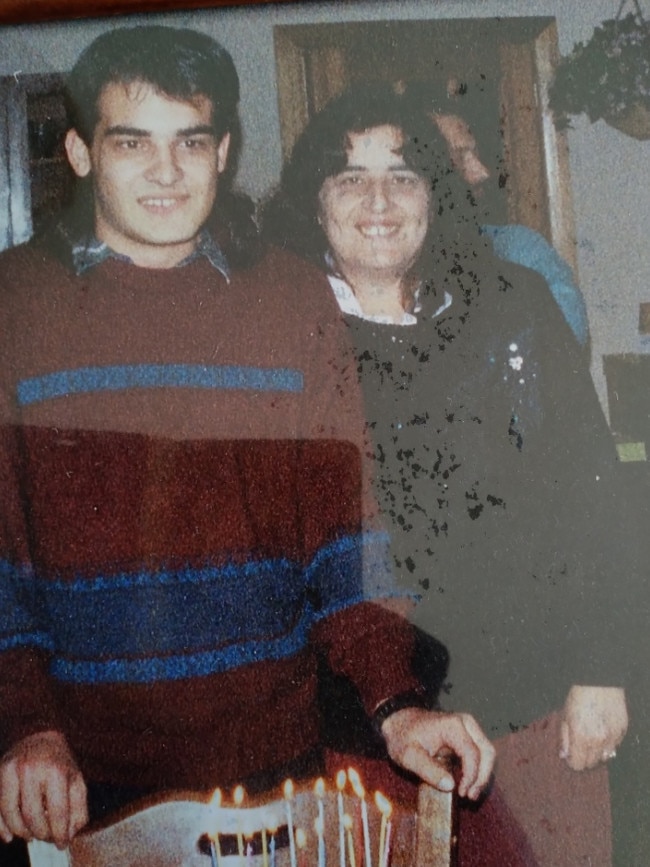
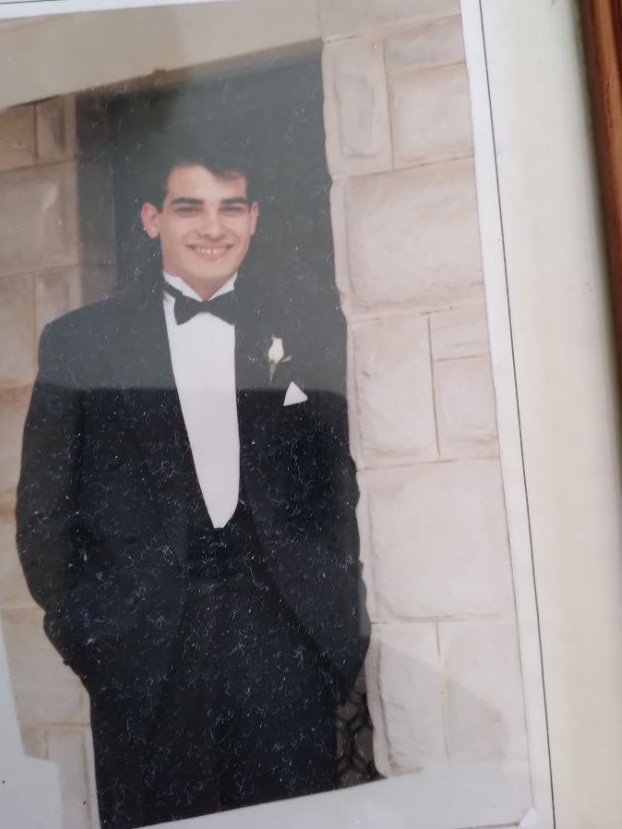
Magill mother Margherita Goonewaradana is one of them. Her son Pete Migliarese was 20 when he went to bed at his father’s Golden Grove house, and never woke up again.
She will never forget the conversation she had with her other son that morning.
“It was like seven in the morning and he said ‘Mum, Peter is gone’,” she told The Advertiser.
“… He goes ‘Mum, Peter is dead’ and I go ‘no you’ve got to move him because he is a heavier sleeper’ and he goes ‘Mum, I’m telling you he is gone, he is dead’.”
When the investigations and coroners report of his death concluded, Ms Goonewaradana still had no understanding of how her son died.
“I said to the coroner at the time, ‘Well, can you give me an answer’ and he goes, ‘Well I’m not Jesus, I can’t give you an answer to what happened to your son’,” she explained.
Dr Rajiv Mahajan is an Associate Professor at the University of Adelaide, specialising in cardiology.
He said that five per cent of the Australian population experience sudden cardiac deaths every year, but the root causes can be varied.
Sudden cardiac death is different to a heart attack and is still a mystery to doctors and researchers. It’s simply when the heart stops beating – and often, there's no tangible reason why.
Dr Mahajan said that the most important thing in any sudden death or collapse, is the ability to begin the resuscitation process and call for help.
“Irrespective of the cause, being able to perform CPR and calling triple-0 is a very important part of stopping people from dying,” he said.
“More and more people in our society should be trained to perform first aid and CPR.”
Dr Mahajan said that other signs to look out for included severe black outs, fainting spells caused by prolonged physical exertion or high emotions.
And it is also important to consider if there is a family history of sudden deaths, or any consistent or unusual pain in the chest.
However, Dr Mahajan warned that warning signs leading up to a sudden death can be difficult to notice, or even non-existent.
“Sometimes the sudden death is the first thing that happens,” he said.



